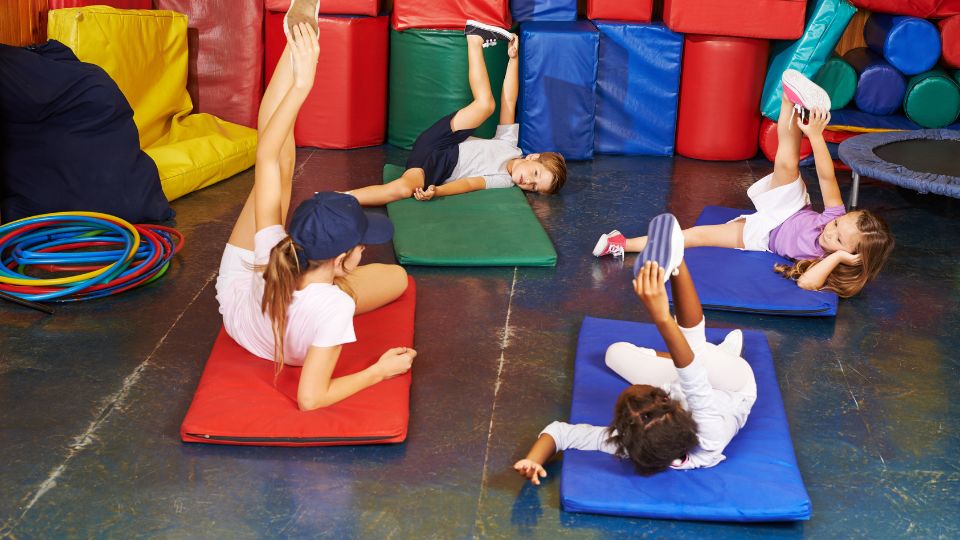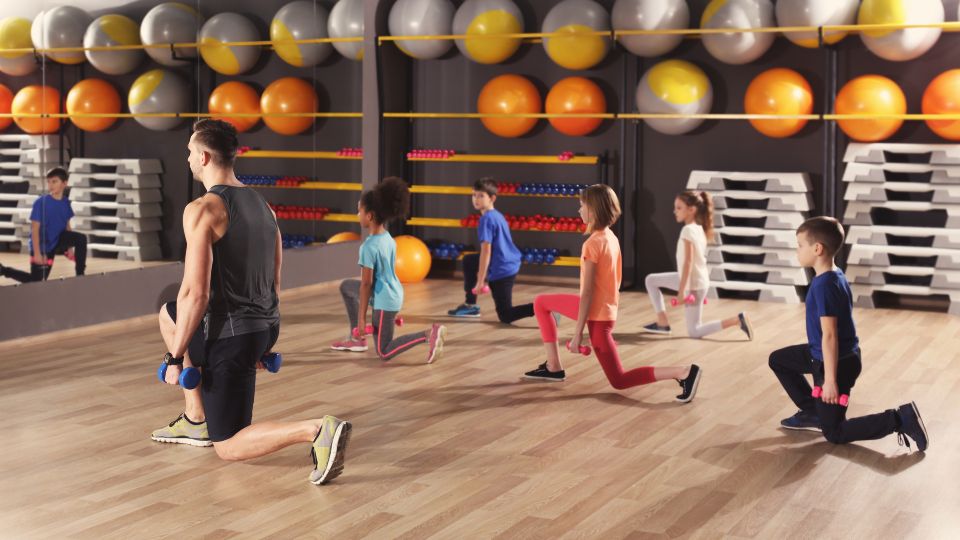Physical activity is not just beneficial for adults aiming to stay fit; it plays a crucial role in the development and mobility of children. Pediatric mobility, encompassing the ability of children to move and engage actively in their environment, is significantly enhanced through regular physical activity. In this article, we explore how playful physical activities contribute to the overall well-being and development of children.
The Importance of Physical Activity

From the moment children begin to crawl and explore their surroundings, physical activity becomes integral to their growth. It not only strengthens their muscles and bones but also promotes cardiovascular health, coordination, and motor skills development. For pediatric mobility, which refers to the ability of children to move freely and independently, physical activity serves as a foundation.
Physical activity is not merely a recreational pursuit for children; it is a cornerstone of their physical, mental, and emotional development. From the earliest stages of infancy, when babies begin to roll over and crawl, to the formative years of childhood and adolescence, physical activity plays a pivotal role in shaping a child’s overall health and well-being.
Enhancing Motor Skills
Engaging in physical activities such as running, jumping, climbing, and playing sports helps children develop fundamental motor skills. These skills include balance, coordination, agility, and strength, which are essential for everyday activities like walking, running, and participating in sports or games with peers. By mastering these skills through play, children build confidence in their physical abilities and are more likely to explore and interact with their environment.
Engaging in physical activity is not just about staying active; it’s about honing fundamental motor skills that are crucial for children’s physical development and overall well-being. Motor skills encompass a range of movements that involve both large muscles (gross motor skills) and small muscles (fine motor skills), and they play a significant role in children’s ability to perform everyday tasks and participate in various activities.
Cognitive and Emotional Benefits
Physical activity isn’t just about moving the body; it also stimulates the brain. Research has shown that exercise can improve cognitive function, including attention span, memory, and academic performance in children. Moreover, regular physical activity promotes emotional well-being by reducing stress, anxiety, and symptoms of depression. This emotional resilience is crucial for children as they navigate the challenges of growing up.
Building Healthy Habits for Life

Instilling a love for physical activity at a young age sets the stage for a lifetime of healthy habits. Children who are active are more likely to continue being active into adulthood, reducing their risk of chronic diseases such as obesity, diabetes, and heart disease later in life. By making physical activity a fun and enjoyable part of daily life, parents and caregivers can nurture a positive attitude towards exercise from an early age.
Playful Ways to Promote Pediatric Mobility
Parents, educators, and caregivers can encourage pediatric mobility through various playful activities:
- Outdoor Play: Encourage children to explore playgrounds, parks, and nature trails where they can run, climb, swing, and play freely.
- Sports and Games: Introduce children to age-appropriate sports and games that promote teamwork, coordination, and physical fitness.
- Dance and Movement: Incorporate music and dance into daily routines to encourage creativity and motor skill development.
- Family Activities: Plan active outings such as hiking, biking, or swimming that the whole family can enjoy together.
Conclusion
In conclusion, physical activity plays a vital role in enhancing pediatric mobility by promoting physical, cognitive, and emotional development in children. By prioritizing active play and incorporating physical activities into daily routines, parents and caregivers can support the healthy growth and development of children. Let’s celebrate the joy of movement and embrace the playful progress it brings to our children’s lives.
Remember, every jump, skip, and hop is a step towards stronger, happier, and more mobile children!
Contact us today at Physio Home located at Ras Al Khaimah, United Arab Emirates, to learn more about how we can support your child’s mobility journey.

